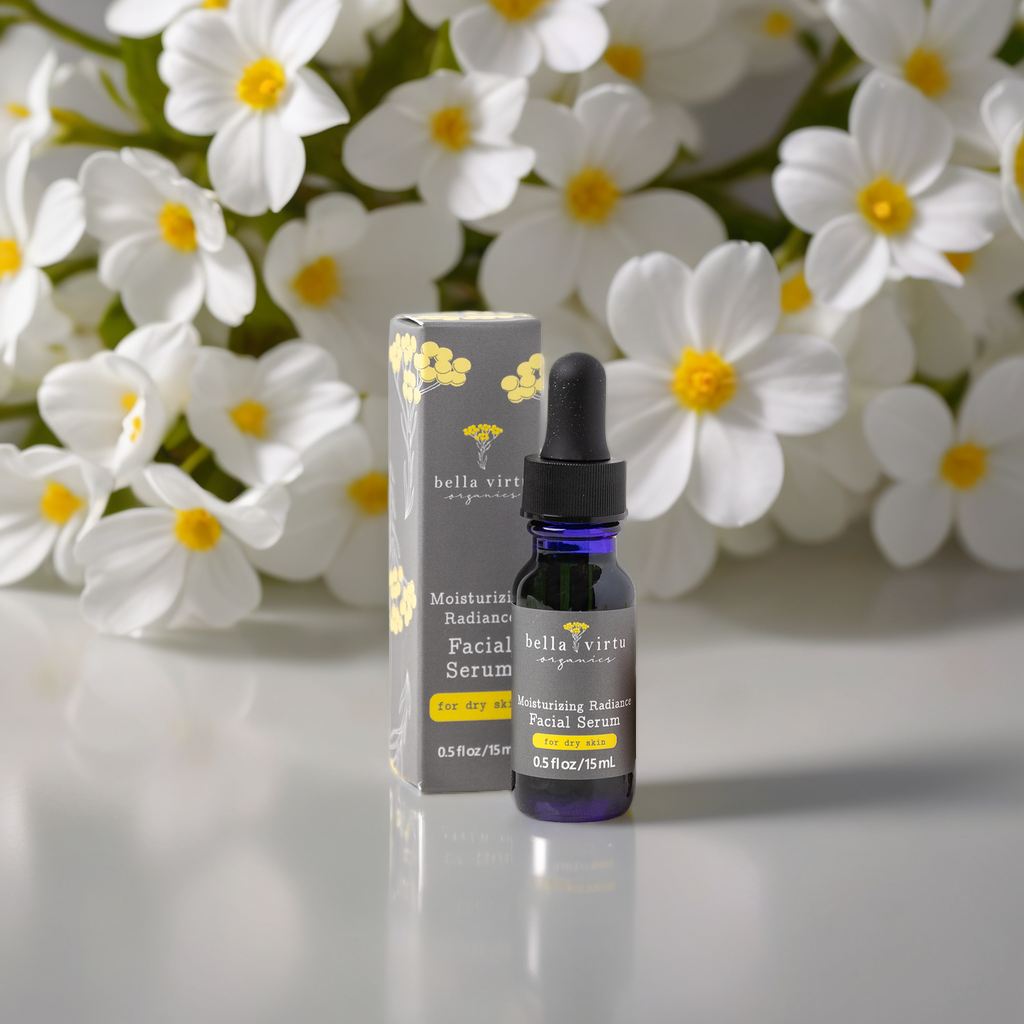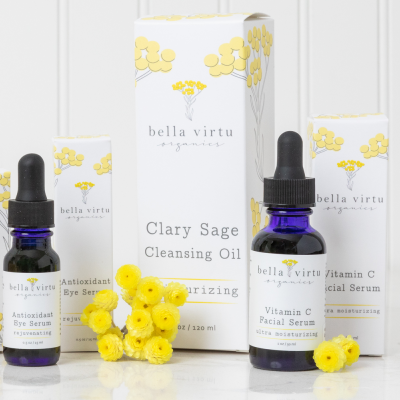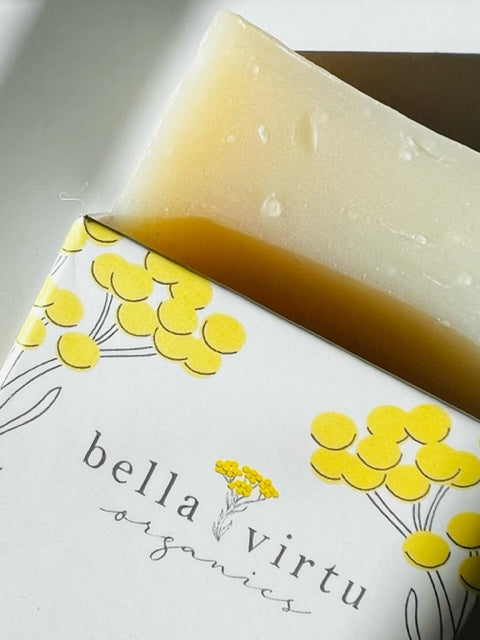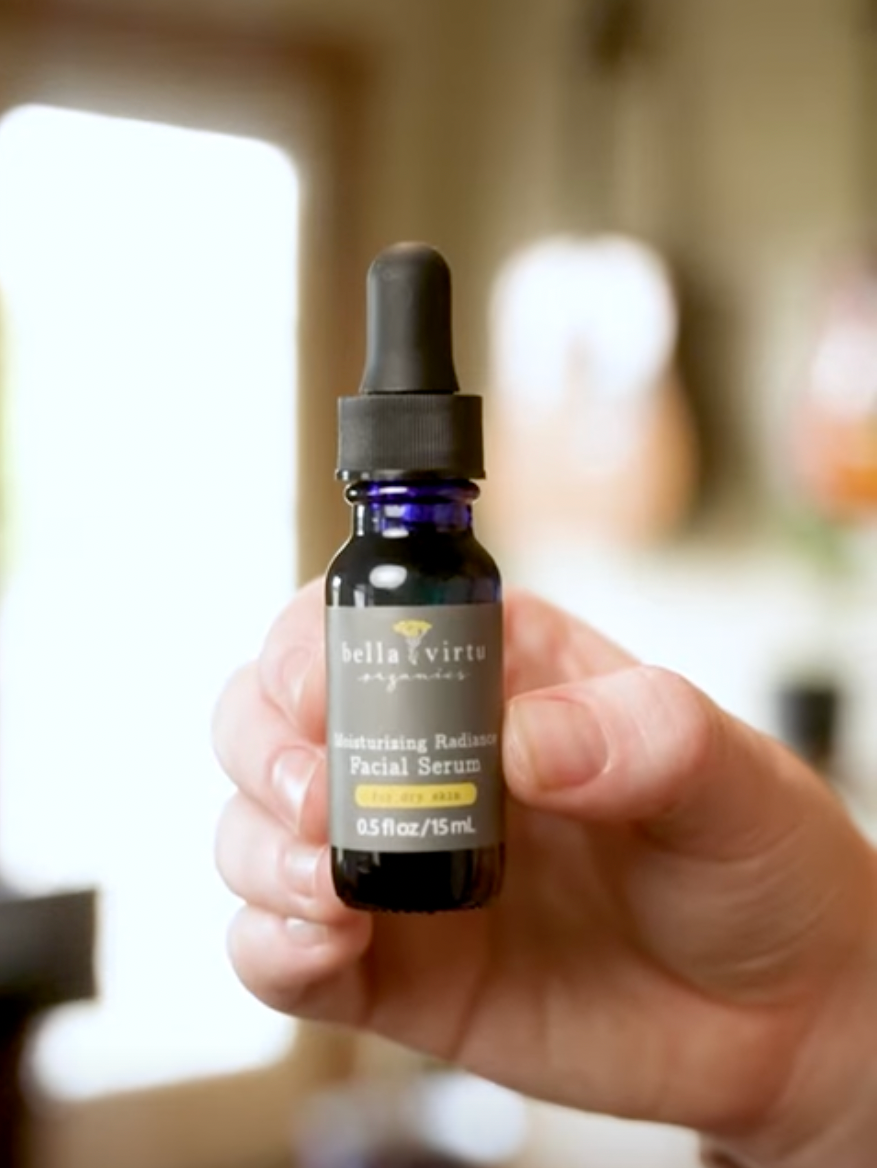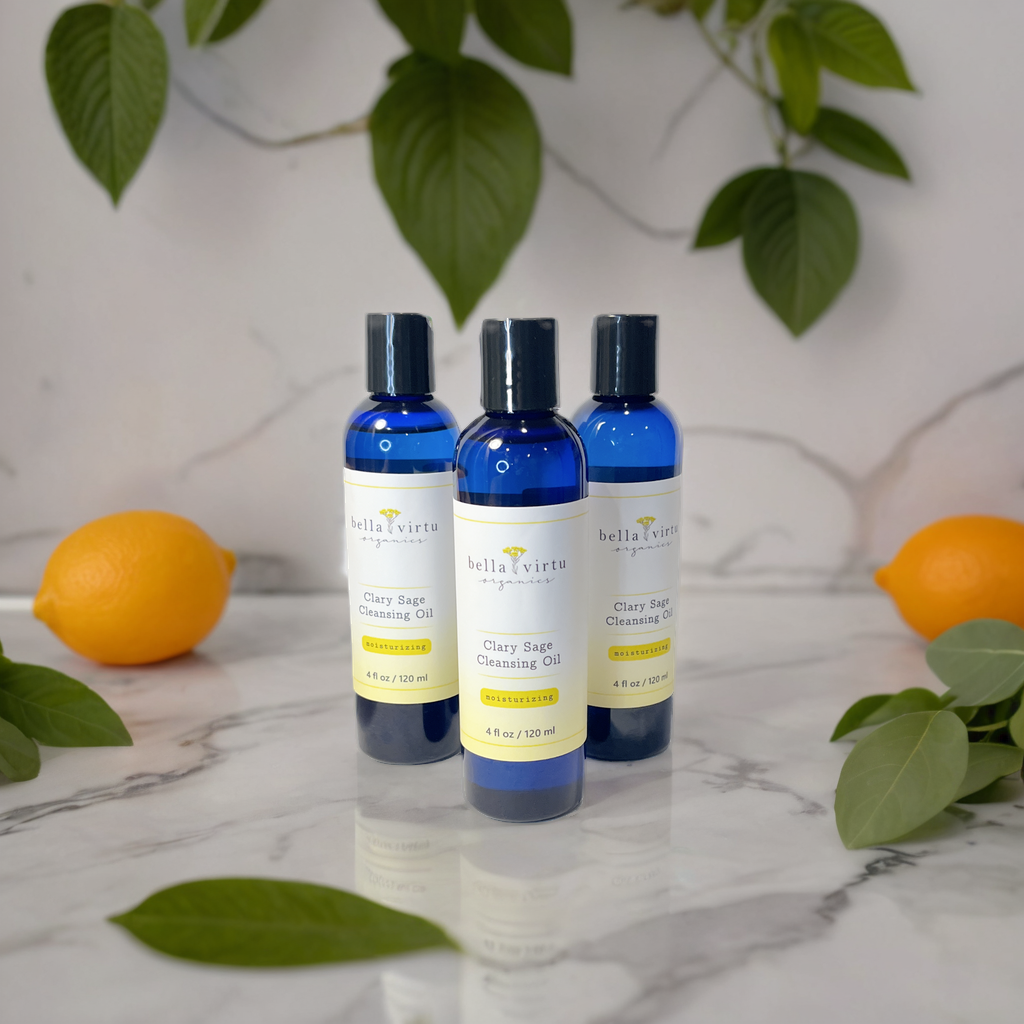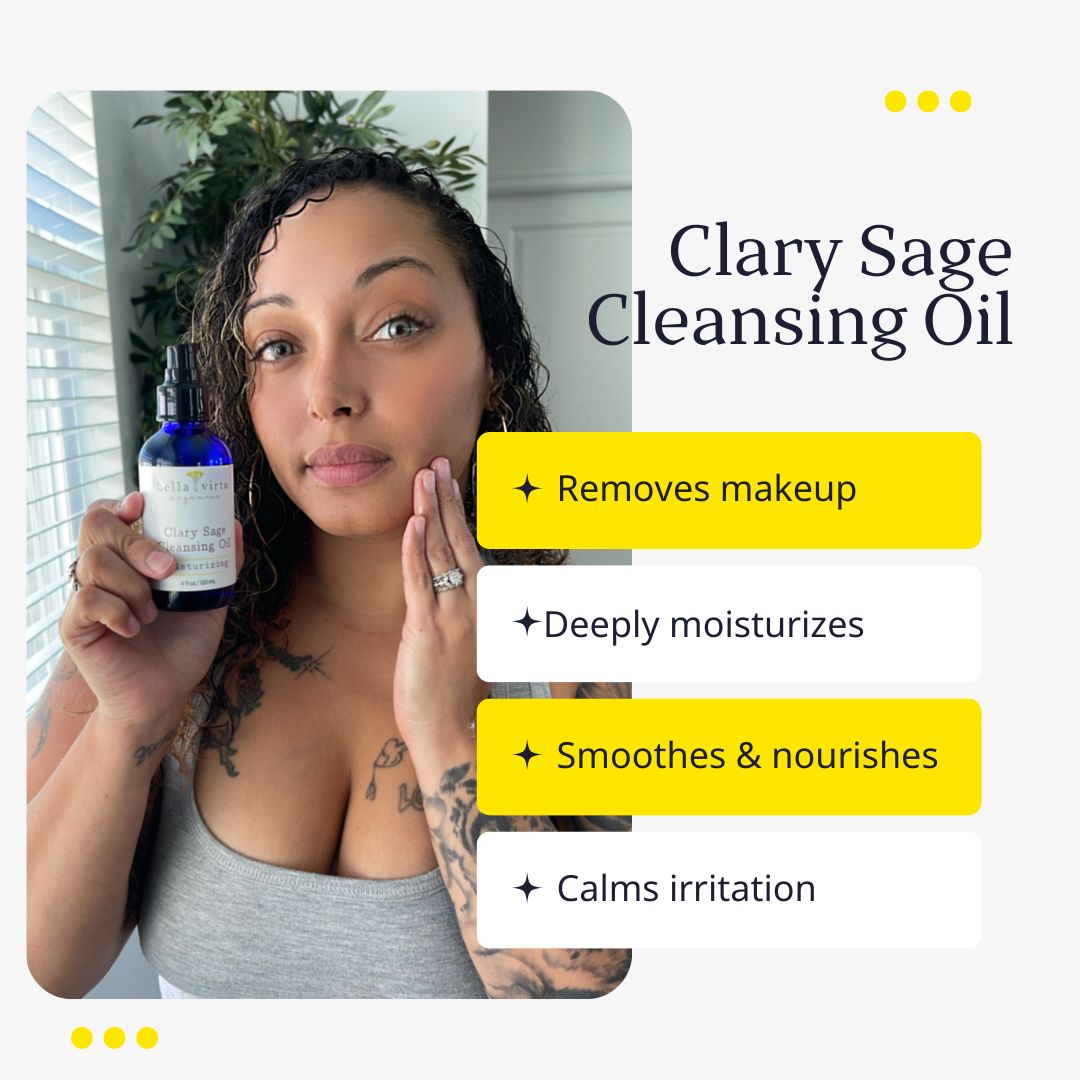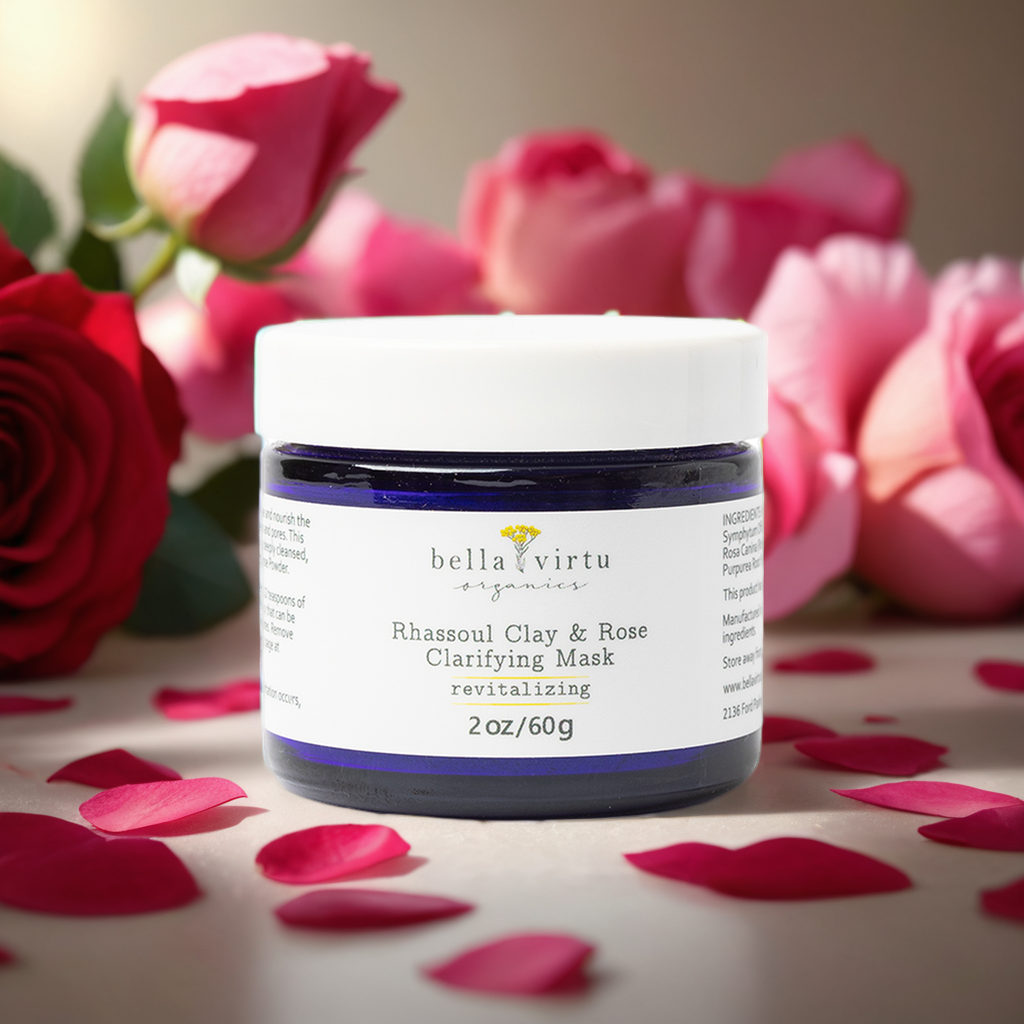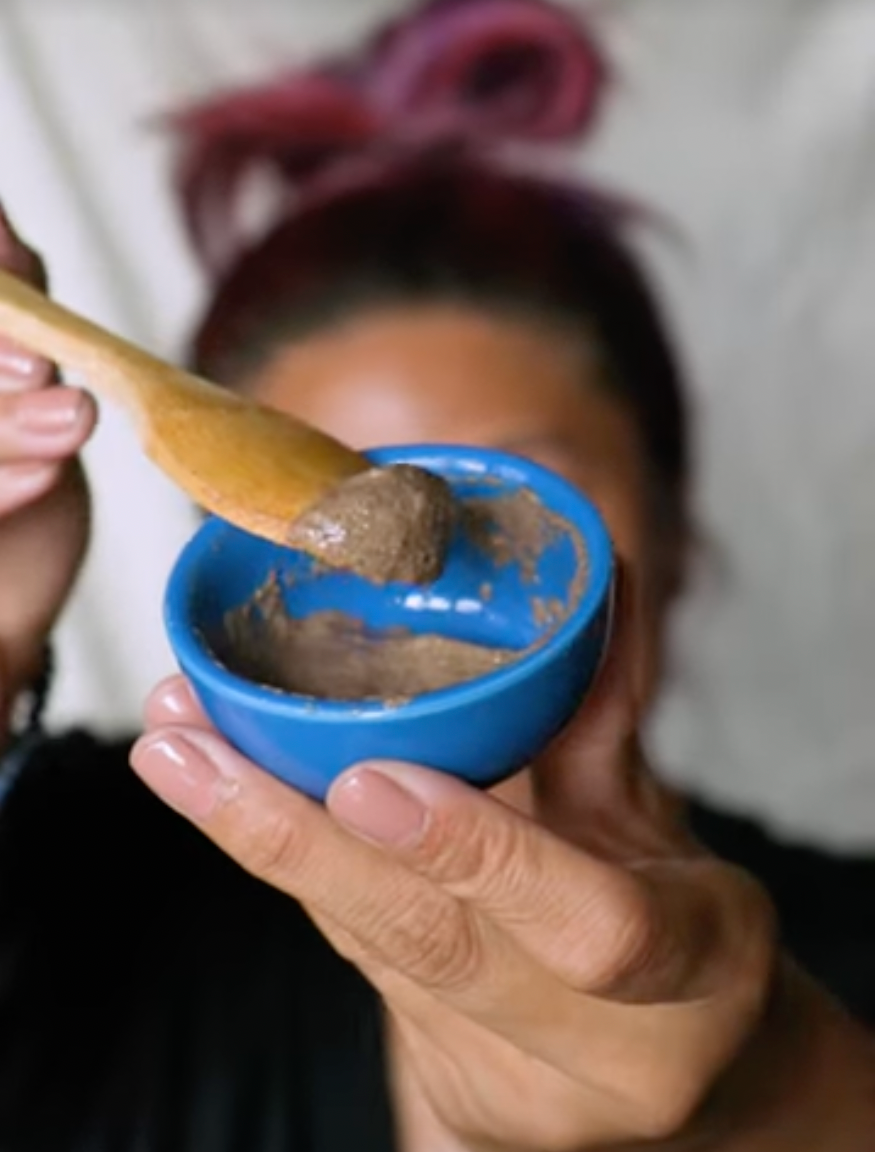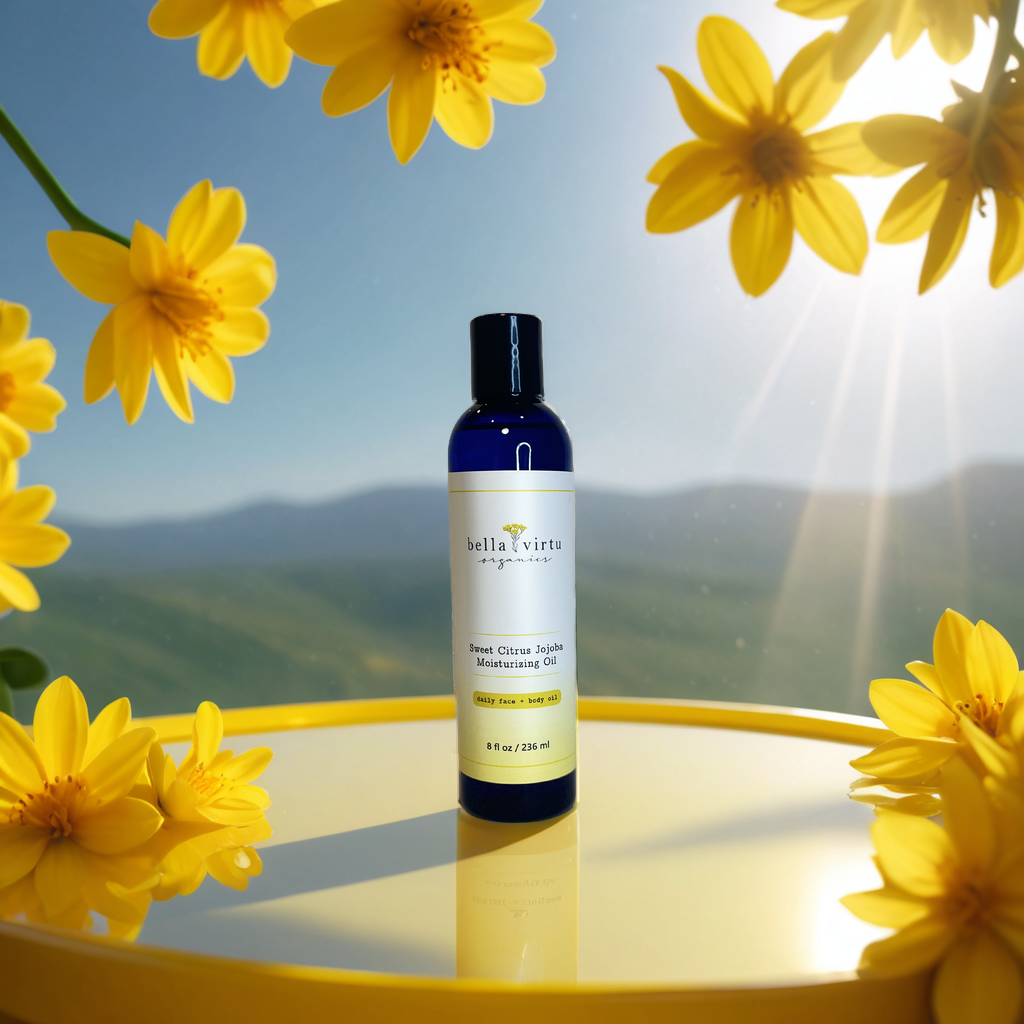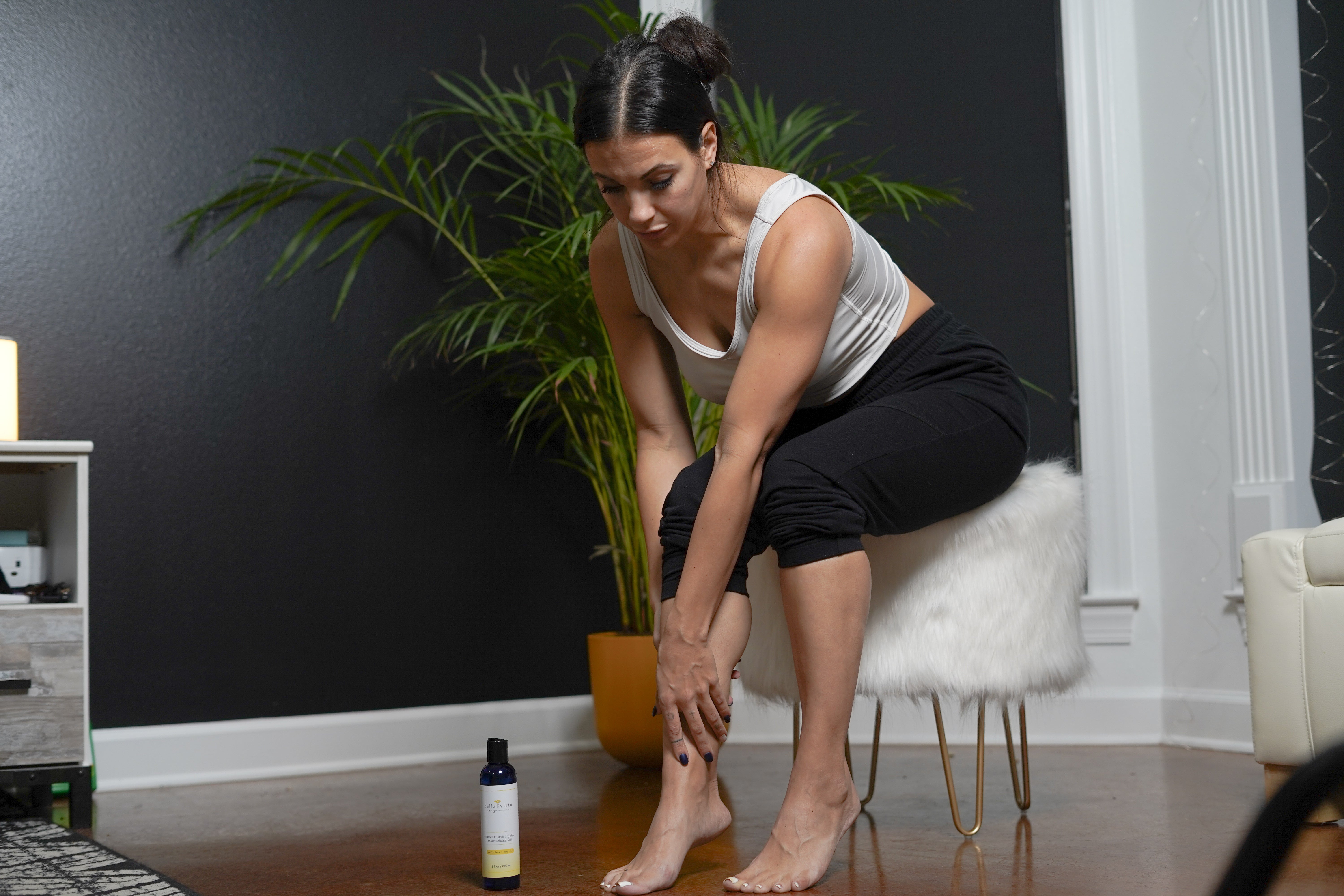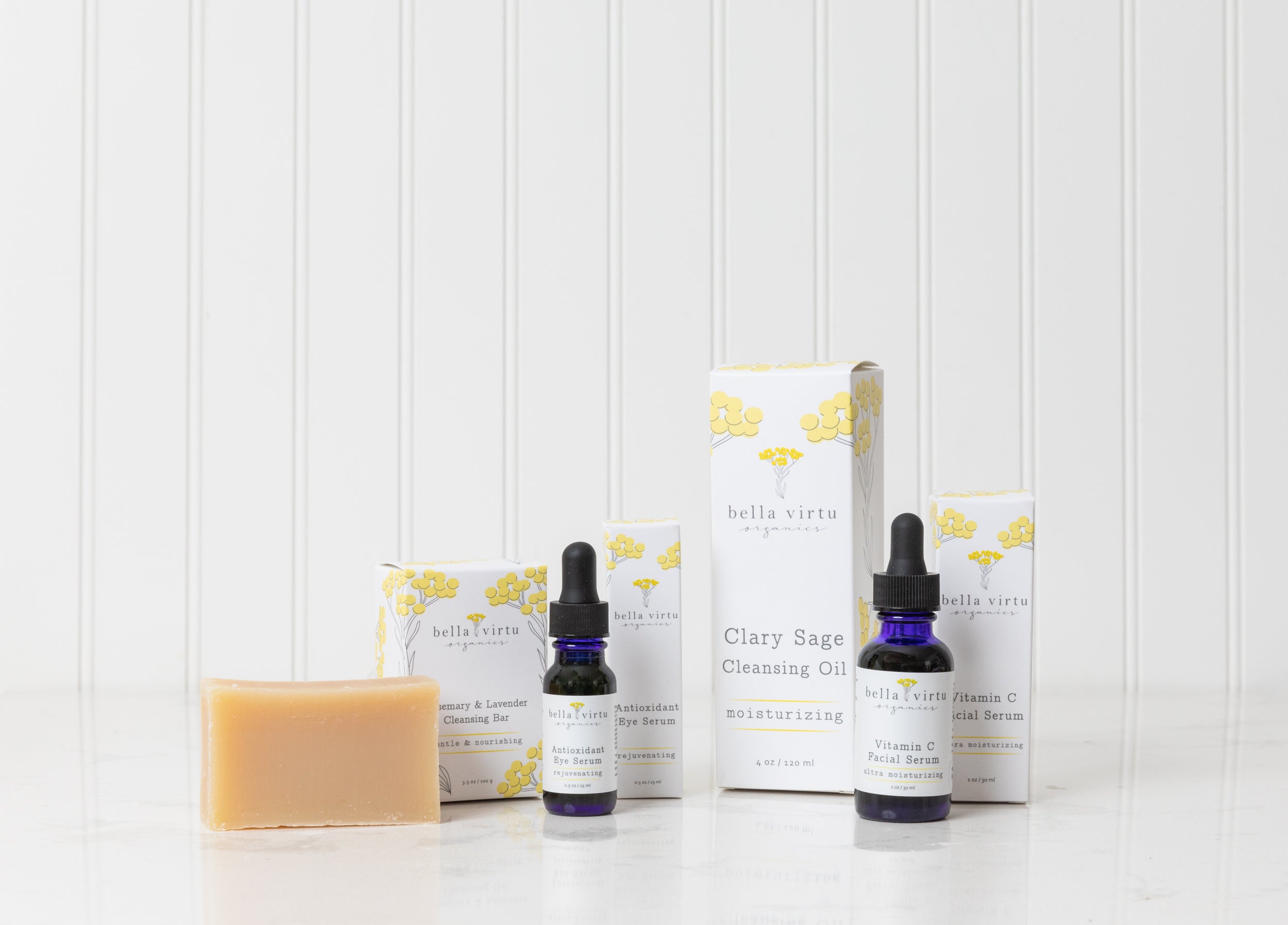Are you tired of battling with dry skin that just won't go away, no matter how much moisturizer you slather on? We've all been there. Dry skin can be frustrating and uncomfortable, leaving you longing for that smooth and supple complexion. But fear not, because in this blog post, we're going to reveal some expert tips that will help you say goodbye to dry skin once and for all. So get ready to unlock the secrets of effective moisturizing and discover how you can achieve a hydrated and radiant complexion. Trust us, your skin will thank you!
Understanding the Causes of Dry Skin Despite Moisturizing
Dry skin is a common concern that many people face, even after diligently moisturizing. There could be several reasons why your skin remains dry despite using a moisturizer.
One possible cause is dehydration. When your body lacks proper hydration, it can affect your skin's moisture levels. Therefore, it is important to consume an adequate amount of water daily to keep your skin hydrated from within.
Another factor to consider is the environmental conditions, such as low humidity or extreme temperatures. These external factors can strip away moisture from the skin faster than the moisturizer can replenish it. In such cases, using a humidifier at home or adding protective layers like scarves and gloves when going outside can help retain moisture.
Furthermore, certain skin conditions, like eczema or psoriasis, may require specialized treatments or products to effectively combat dryness. Consulting with a dermatologist can provide valuable insights and personalized recommendations for managing these conditions.
Lastly, some individuals may be using an ineffective or insufficiently hydrating moisturizer for their specific skin type. It's crucial to choose a product that contains ingredients like hyaluronic acid or ceramides which lock in moisture and promote optimal hydration.
By understanding these causes of persistent dryness despite moisturizing and taking appropriate measures, you'll be better equipped to address this concern and achieve truly nourished and hydrated skin.
Common Mistakes That Can Lead to Dry Skin Even After Moisturizing
Section 2: Common Mistakes That Can Lead to Dry Skin Even After Moisturizing
When it comes to moisturizing, there are a few common mistakes that people make, which can lead to dry skin even after applying moisturizer. Here are two important key phrases to keep in mind:
*Insufficient Moisturizer Application*: One mistake many people make is not applying enough moisturizer. It's important to use an adequate amount of product to ensure proper hydration. Don't be afraid to be generous with your moisturizer, especially if you have dry skin.
*Using the Wrong Type of Moisturizer*: Another mistake is using the wrong type of moisturizer for your skin type. Different skin types have different needs, so it's crucial to choose a moisturizer that suits your specific needs. For example, if you have dry skin, opt for a heavier cream or oil-based moisturizer that provides intense hydration.
By avoiding these common mistakes and using the right amount and type of moisturizer, you can help combat dryness and achieve well-hydrated skin. Remember, consistency is key when it comes to skincare, so make sure to moisturize regularly and adjust your routine as needed.
Choosing the Right Moisturizer for Your Skin Type to Combat Dryness
Finding the perfect moisturizer that suits your skin type is crucial in effectively combating dryness. When selecting a moisturizer, pay attention to key factors such as its ingredients and consistency.
For individuals with dry skin, it's important to opt for a moisturizer that contains hydrating agents like hyaluronic acid or glycerin. Look for products labeled as "deeply nourishing" or "intensive hydration" to provide your skin with long-lasting moisture.
On the other hand, if you have oily or combination skin, aim for lightweight, oil-free formulas that won't clog your pores. Gel-based moisturizers are an excellent choice as they absorb quickly without leaving behind any greasy residue.
Those with sensitive skin should look for fragrance-free options that are gentle on the skin. It's also advisable to choose products labeled as hypoallergenic or non-comedogenic.
Remember, everyone's skin is unique, so don't be afraid to experiment until you find the right product that works best for you.
The Importance of Proper Application Techniques for Maximum Moisture
Proper Application Techniques for Maximum Moisture
When it comes to moisturizing, the way you apply your products can make a big difference in how well they hydrate your skin. Here are some important techniques to keep in mind:
*Cleanse before moisturizing*: Make sure to cleanse your face thoroughly before applying moisturizer. This helps remove any dirt, oil, or makeup that could prevent the moisturizer from penetrating deeply into your skin.
*Use gentle upward motions*: When applying moisturizer, use gentle upward motions to massage it into your skin. This not only helps with absorption but also promotes blood circulation, giving your complexion a healthy glow.
*Don't forget the neck and décolletage*: Many people focus solely on their face when moisturizing, but don't neglect your neck and décolletage. These areas are prone to dryness too and can benefit from regular hydration.
*Layer products strategically: If you have multiple skincare products*, layer them strategically for maximum effectiveness. Start with lightweight serums or essences and follow up with a thicker moisturizer to seal in the hydration.
Remember, consistency is key when it comes to moisturizing. Make it a part of your daily skincare routine and adjust as needed based on the changing seasons or specific concerns you may have with dryness.
Exfoliation: A Key Step in Achieving Hydrated and Nourished Skin
Exfoliation plays a crucial role in maintaining hydrated and nourished skin. By removing dead skin cells, it allows moisturizers to penetrate deeper and work more effectively. When exfoliating, it's important to choose the right method for your skin type. For sensitive skin, opt for gentle exfoliants like chemical exfoliators with AHAs or BHAs. Those with oily or acne-prone skin can benefit from physical exfoliants like scrubs or brushes.
Regular exfoliation also helps to improve the texture and appearance of your skin. It can reduce the appearance of dry patches, fine lines, and dullness. However, it's important not to overdo it. Exfoliating too frequently or using harsh products can strip away the natural oils and lead to further dryness.
Remember to follow up with a hydrating moisturizer after exfoliating to replenish moisture levels. Look for ingredients like hyaluronic acid or ceramides that help lock in hydration. With regular exfoliation and proper moisturization, you can say goodbye to dry skin and hello to a radiant complexion.
Hydration from Within: How Diet and Water Intake Affect Your Skin's Moisture Levels
The Role of Diet in Skin Hydration: Foods that Nourish and Hydrate
It's not just the moisturizers we apply topically that can help combat dry skin; what we consume internally plays a crucial role as well. Certain foods have hydrating properties and provide essential nutrients that nourish and maintain skin moisture levels. To improve your skin's hydration from within, incorporate foods rich in omega-3 fatty acids, such as salmon or walnuts, which support healthy cell membranes and retain moisture. Additionally, include water-rich fruits and vegetables like cucumbers, watermelon, or oranges to enhance hydration. Remember to drink an adequate amount of water throughout the day to keep your body hydrated, aiding in maintaining optimal skin moisture levels.
Water Intake and Skin Moisture: Staying Hydrated for Healthy, Glowing Skin
Maintaining proper hydration is crucial for achieving healthy, glowing skin even after moisturizing. Hydrating your body from within can make a significant difference in combating dryness. One important key phrase to remember is "drink enough water." Inadequate water intake can result in dehydrated skin, leaving it dry and lacking moisture. By drinking an adequate amount of water daily, you support the body's natural functions and promote optimal skin health.
Another relevant key phrase is "hydration through diet." Consuming foods rich in water content, such as fruits and vegetables, helps hydrate the body internally. These foods are not only packed with essential nutrients but also assist in maintaining the skin's moisture levels. Including hydrating foods like cucumbers, oranges, or celery in your diet can contribute to improving overall skin hydration.
Remember that nourishing your skin from the inside out plays a vital role in combatting persistent dryness despite moisturizing externally. So be mindful of your water intake and include hydrating foods in your diet for radiant, well-moisturized skin.
Hydration Hacks: Simple Dietary Changes to Boost Your Skin's Moisture
Incorporating these simple dietary changes into your routine can help boost your skin's moisture levels and combat dryness even after moisturizing.
-
*Stay Hydrated*: Drinking an adequate amount of water throughout the day is essential for maintaining hydrated skin. Aim to drink at least eight glasses of water daily to replenish your skin from within.
-
*Eat Foods Rich in Omega-3 Fatty Acids: Incorporate foods like salmon, walnuts, chia seeds, and flaxseeds into your diet as they are high in omega-3 fatty acids*. These healthy fats help nourish and hydrate the skin from the inside out, promoting a smoother complexion.
**
By focusing on hydration from within through proper water intake and incorporating key nutrients like omega-3 fatty acids into your diet, you can improve your overall skin's moisture levels and reduce dryness - even after moisturizing!
Beyond Moisturizers: How Proper Nutrition and Hydration Can Transform Your Skin
Proper nutrition and hydration play a crucial role in maintaining healthy, hydrated skin. Eating a balanced diet rich in essential nutrients can significantly improve your skin's moisture levels. Include foods that are high in omega-3 fatty acids and antioxidants, such as salmon, avocados, and berries, to promote skin hydration from within.
In addition to a nutritious diet, adequate water intake is essential for hydrated skin. Drinking enough water throughout the day helps to flush out toxins and keeps your skin cells plump and moisturized. Aim for at least eight glasses of water daily to support optimal skin hydration.
Remember, while moisturizers are important for external hydration, nourishing your skin from within through proper nutrition and hydration can truly transform your skin's moisture levels.
Lifestyle Factors That Could Be Contributing to Persistent Dryness Despite Moisturizing
Section 7: Lifestyle Factors That Could Be Contributing to Persistent Dryness Despite Moisturizing
*Environmental factors*: The environment we live in can greatly impact our skin's moisture levels. Harsh weather conditions, such as cold and dry air or excessive heat, can strip the skin of its natural oils, leading to dryness even after moisturizing. Consider using a humidifier in your home to add moisture to the air.
*Hot showers and baths*: While they may be comforting, hot water strips away the skin's natural oils and disrupts its barrier function, resulting in dryness. Opt for lukewarm showers or baths instead and limit your time spent in them.
*Overwashing*: Cleansing is important for maintaining clean skin, but overdoing it can lead to dryness. If you are washing your face multiple times a day or using harsh cleansers that strip away too much oil from the skin, try reducing frequency and opting for gentler cleansers.
*Frequent handwashing*: Washing our hands frequently is essential for hygiene purposes; however, it can also contribute to dryness if not followed by proper moisturization afterward. Always apply a rich hand cream after washing your hands to replenish lost moisture.
*Excessive exfoliation*: While exfoliation is beneficial for sloughing off dead cells and allowing better absorption of moisturizers, over-exfoliating can damage the skin's protective barrier and cause dryness. Limit physical exfoliation to once or twice a week and choose gentle formulas.
*Smoking & alcohol consumption*: Both smoking cigarettes and excessive alcohol consumption can dehydrate our bodies from within, leading to overall dehydration including the skin.
Remember that everyone's skincare journey is unique - what works for one person may not work for another due to individual factors such as genetics or underlying medical conditions like eczema or psoriasis. If persistent dryness persists despite following these tips, it may be wise to consult a dermatologist for further evaluation and personalized advice.
In conclusion, dealing with dry skin even after moisturizing can be frustrating, but it's not an impossible problem to solve. By understanding the causes of dry skin, avoiding common mistakes, choosing the right moisturizer, using proper application techniques, exfoliating regularly, and taking care of your body from within through a healthy diet and adequate water intake, you can say goodbye to dry skin and hello to a hydrated and nourished complexion.
Remember, everyone's skin is unique, so it may take some trial and error to find the perfect routine that works for you. Don't be discouraged if you don't see immediate results - consistency is key. And if you're still struggling with persistent dryness despite your best efforts, it may be worth consulting a dermatologist for further guidance.
Taking care of your skin is not just about appearance; it's about overall health and well-being. So prioritize self-care and give your skin the love and attention it deserves. With the right knowledge and practices, you can
Questions
Q.Who can experience dry skin even after moisturizing?
A.People with certain skin conditions like eczema may still have dry skin despite using moisturizers.
Q.What could be causing my skin to remain dry after moisturizing?
A.Factors such as harsh weather, excessive bathing, or using the wrong type of moisturizer can contribute to dry skin.
Q.How can I effectively moisturize my skin to prevent dryness?
A.Ensure you are using a moisturizer suitable for your skin type and apply it immediately after showering or washing your face.
Q.What are some tips for choosing the right moisturizer for dry skin?
A.Look for moisturizers with ingredients like hyaluronic acid or ceramides, and avoid products with fragrances or alcohol that can further dry out the skin.
Q.How often should I moisturize to combat dryness?
A.It is recommended to moisturize at least twice a day, especially after cleansing or exposure to drying conditions.
Q.Isn't drinking more water enough to hydrate my dry skin?
A.While staying hydrated is important for overall skin health, moisturizing externally is necessary to replenish and lock in moisture.
